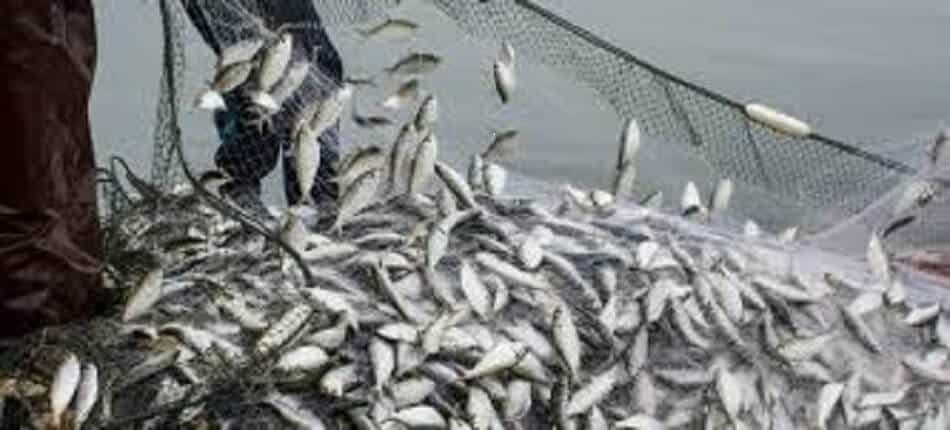India pitches compelling case before WTO to safeguard small-scale fishermen
India has made a strong case at the WTO for more effective carveouts for small-scale and artisanal fishers to safeguard their livelihood subsidies, and it dismissed the draft text circulated by the chair of the WTO negotiations on reducing overcapacity and overfishing (OCOF) subsidies, arguing that the special and differential treatment (SDT) provisions for its fishing communities should be strengthened.
Responding to intense efforts at the WTO to reach an agreement on additional provisions on fisheries subsidies as soon as possible rather than waiting for the WTO Ministerial Conference held every two years, New Delhi has also made submissions opposing allowing large-scale industrial fishing nations the flexibility to perpetuate their unsustainable subsidies and “unfair burdening” of developing countries.
Also Read | India being criticized at WTO for ‘not answering questions’ on MSP subsidies
In 2022, WTO members signed an agreement that banned subsidies for illegal, unreported, and unregulated (IUU) fishing, as well as subsidies for overfished stocks and fishing in unregulated high seas. However, the current negotiations on OCOF subsidies may have a greater impact on small fishers.
Earlier this week, the chair of the fisheries subsidies negotiations distributed a draft text on reducing subsidies to fishing or fishing-related activities that contribute to overcapacity or overfishing (OCOF).
Subsidies identified for prohibition include those for vessel construction, acquisition, and modernization, the purchase of fishing gear and related machinery, fuel, ice, or bait, insurance and income support during seasonal closures.
In its submission to the WTO’s Negotiating Group on Rules, India noted that, while the chair’s text removed geographical limits for SDT for small-scale fishers, it still includes strict conditions and stringent notification requirements.
A 2019 study estimates that global fishing subsidies total $35.4 billion. China, the EU, the United States, South Korea, and Japan are among the largest subsidizers. India’s subsidies are relatively small, with an annual cost of less than $15 per fisherman.


















Add Comment